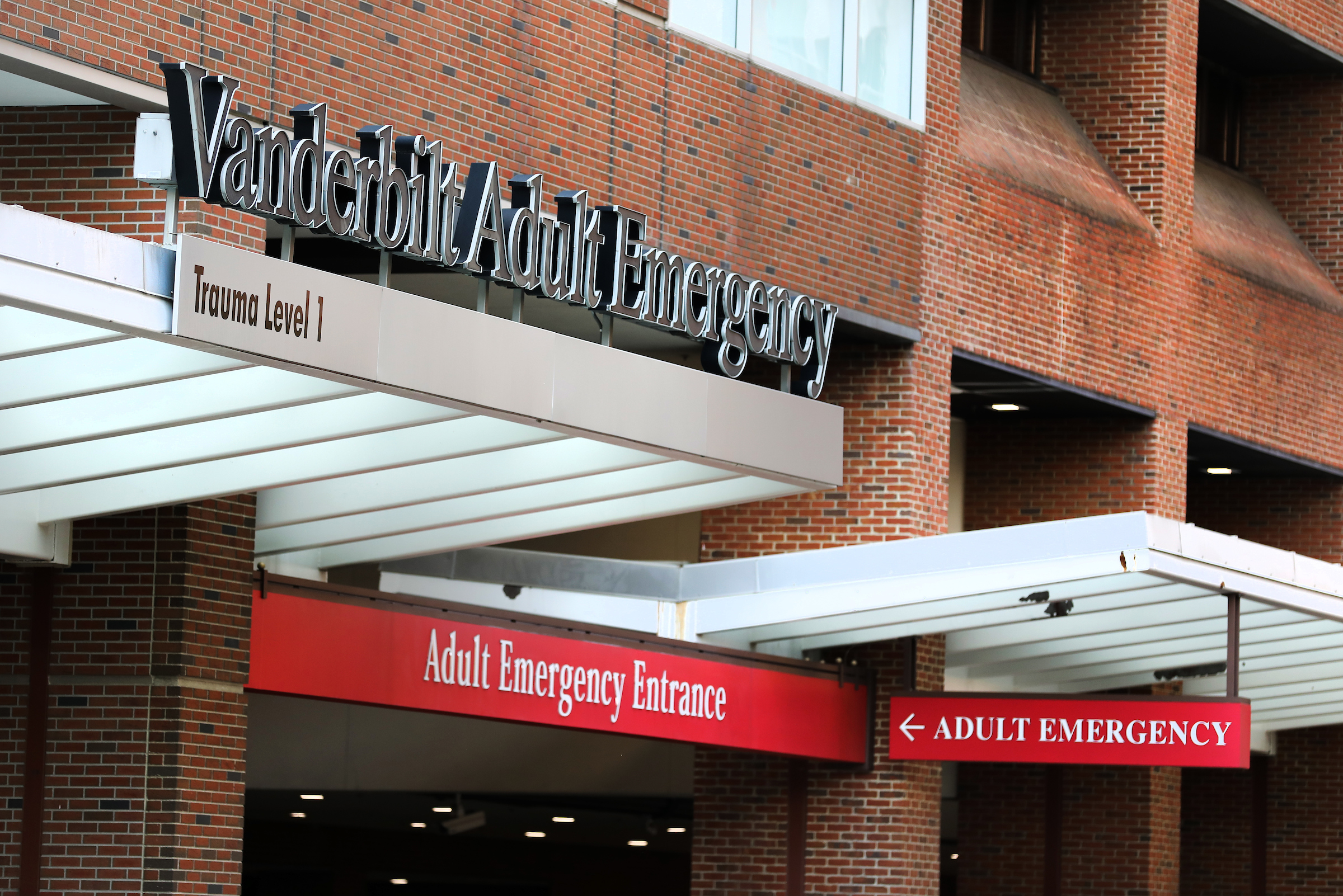A recent study conducted by Vanderbilt University Medical Center (VUMC) sheds light on a pressing issue facing emergency departments across the Southeast: housing insecurity. Published in JAMA Network Open, the study reveals that 1 in 20 patients seeking emergency care at major medical centers in the region grapple with housing instability.

Led by Madeleine Ball, a student at Vanderbilt University School of Medicine, the research underscores the significant correlation between housing insecurity and mental health concerns. Patients experiencing homelessness or unstable housing were more likely to present with chief complaints related to suicide, indicating a critical need for prioritizing mental health care and dedicated homeless health teams within hospital settings.
The study, which examined over 23,000 emergency department visits, employed the Veterans Health Administration’s Homelessness Screening Clinical Reminder to identify patients facing housing insecurity. Findings revealed that 5% of patients screened positive for housing instability.
Housing insecurity not only poses immediate challenges but also exacerbates long-term health outcomes, increasing the risk of chronic diseases, injuries, and disabilities. Despite its detrimental impact, emergency departments lack a universal method to identify and address the needs of patients experiencing homelessness or unstable housing.
In response to these findings, the research team at VUMC has implemented screening for housing insecurity as a standard practice in the emergency department. Moving forward, they plan to conduct a qualitative analysis to optimize care for this vulnerable patient population, with a focus on tailored interventions and support services.
Dr. Jennifer Hess, assistant professor of Emergency Medicine at VUMC and senior author of the study, emphasizes the importance of introducing screening protocols and developing tailored care plans for patients facing housing insecurity. By identifying those in need of resources and additional assistance, healthcare providers can take a proactive approach to address health disparities and promote equity in care delivery.
As homelessness and housing insecurity continue to escalate nationwide, initiatives like those undertaken at VUMC serve as a model for improving care for marginalized populations. By recognizing and addressing the social determinants of health, healthcare institutions can work towards creating a more equitable and inclusive healthcare system.